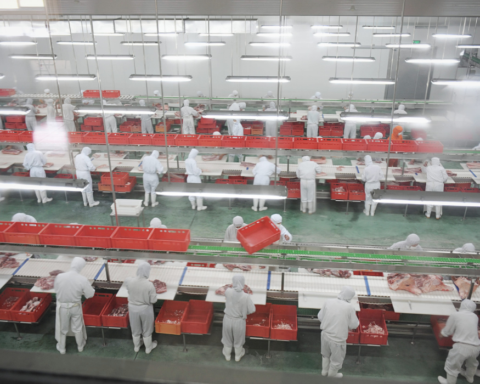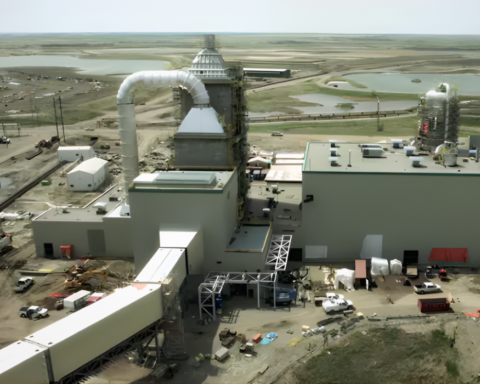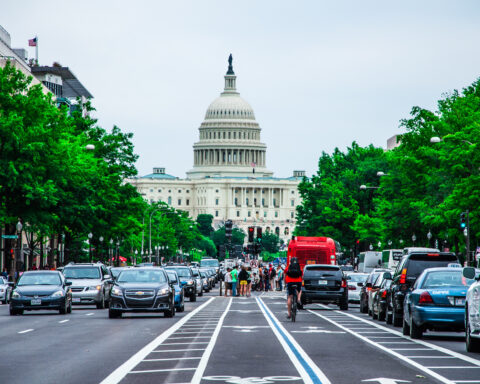The advertisements were hard to miss. On September 28, the Alberta government launched a cross-country media blitz that claimed that the federal Liberals’ clean energy strategy for Canada’s electrical grid will make electricity across the nation “unreliable and unaffordable.”
“Your hot water, computer, washer and dryer, electric car, TV, lights, mobile phone, stove, your heat in minus 30. The things Canadians count on won’t work when needed,” warned the radio, television, web and social media ads, which targeted Alberta, Ontario, Nova Scotia and New Brunswick. “The cost of achieving a net-zero grid by 2035 will leave our power grid dependent on intermittent and unreliable sources like solar and wind.”
“No one wants to freeze in the dark,” read mobile-truck-borne billboards circling Parliament Hill in Ottawa in late September.
The Alberta government wants to push Ottawa’s net-zero target date for decarbonizing its grid from 2035 to 2050, arguing that Ottawa’s haste will triple or quadruple electricity rates. The five-week, $8-million “Tell the Feds” campaign urged Canadians to protest the federal proposals during a public comment period on net-zero rules.
Premier Danielle Smith’s Alberta government may be determined to drag out its hydrocarbon economy as long as it can, but sowing misinformation across Canada is a new kind of crude. The ads reflect the premier’s paranoia about decarbonizing – and ignore new technologies, such as more efficient power systems, heat pumps and energy-storage innovations (see Hero) that will significantly reduce electrical utilities’ dependence on oil and gas without intermittency issues.
Environmental researchers Sara Hastings-Simon and Jason Dion wrote a piece in the Edmonton Journal arguing that the campaign’s central claims don’t stand up to scrutiny: “The regulations would allow newer gas plants to continue serving the grid for a period well beyond 2035 without constraint.” University of Calgary law professor Martin Olszynski called the campaign “a thinly disguised attempt to enlist ordinary Canadians in Alberta’s unyielding service to the fossil fuel industry.”
The public also pushed back. So many complained about the ads that one Toronto radio station, JAZZ.FM91, pulled them off the air.
Alberta’s PR blitz may just have been setting the stage for Smith’s next act. In late November, she challenged the proposed federal standards by invoking the Alberta Sovereignty Act – the first piece of legislation her government passed, in December 2022. The move allows Alberta legislators to review the constitutionality of the federal rules, and then possibly set them aside. But experts say Alberta’s new law itself could be unconstitutional – news that no one needs to tell the feds.







